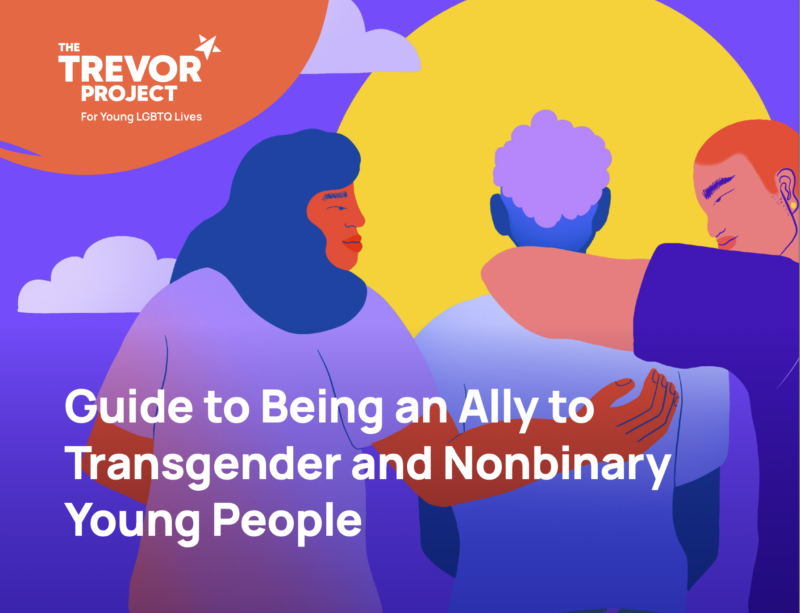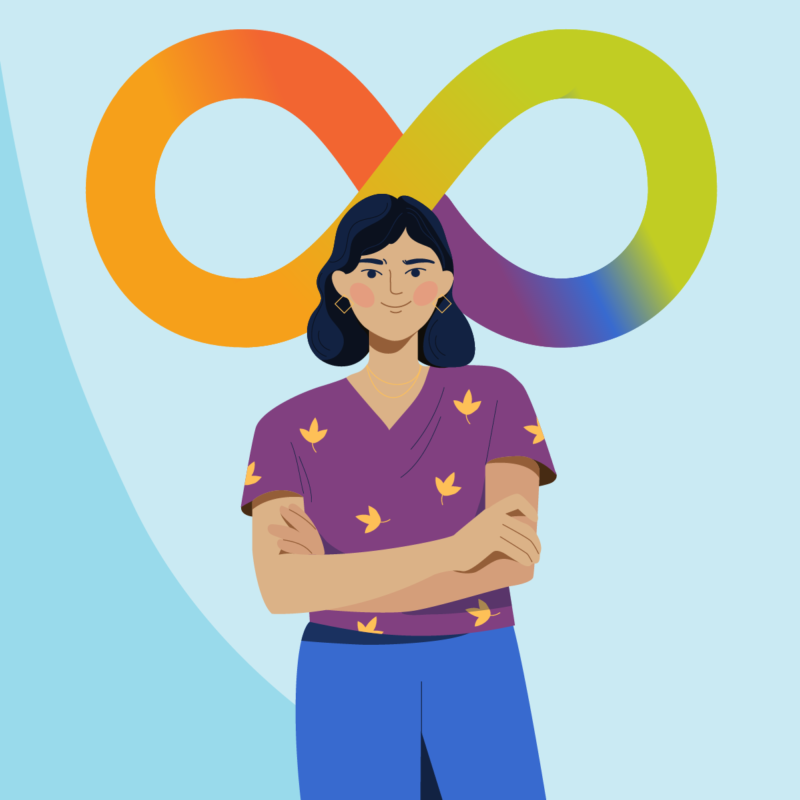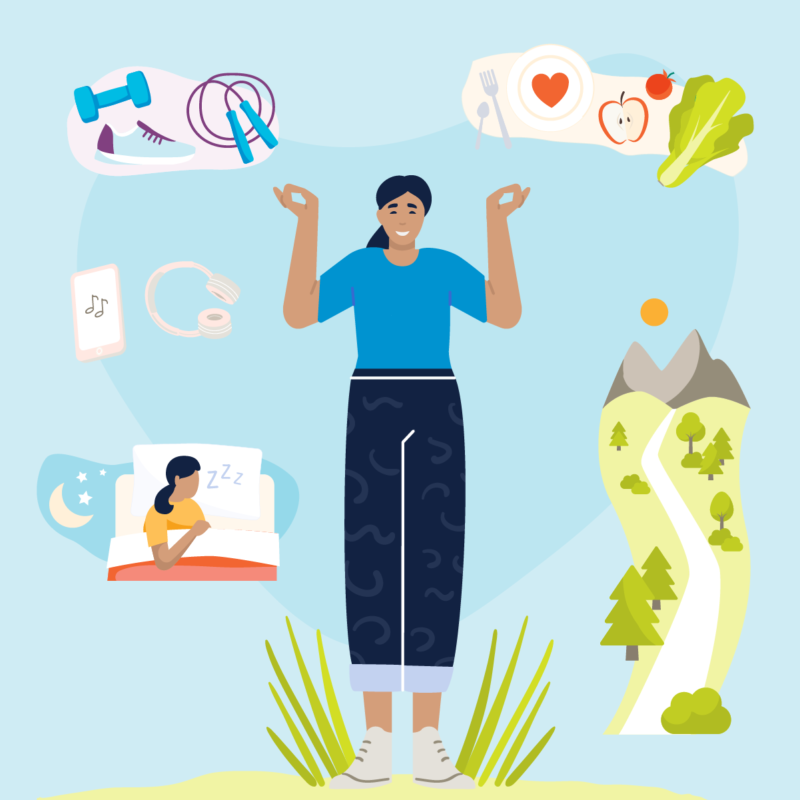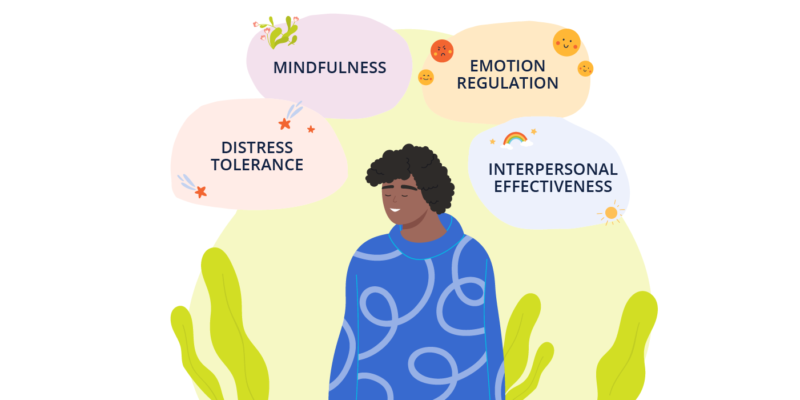
Guide to Being an Ally to Transgender and Nonbinary Young People [downloadable]
This introductory educational resource from The Trevor Project covers topics and best practices on how to support transgender and nonbinary young people. Read more >>
Request an Appointment
English: 650.688.3625
Medi-Cal: 650.688.3650

Guide to Being an Ally to Transgender and Nonbinary Young People [downloadable]
This introductory educational resource from The Trevor Project covers topics and best practices on how to support transgender and nonbinary young people. Read more >>

This tool provides a framework for interacting with neurodiverse individuals in the workplace in ways that are respectful, inclusive, and welcoming. Read more >>

Living With Anxiety: Tips for Managing Your Own Anxiety
Everything on this list has the potential to lift your mood and get you back on track. Read more >>

Gen Z Mental Health: The Impact of Tech and Social Media
A McKinsey Health Institute (MHI) survey finds that Gen Z’s social media engagement can feel negative but can also help with finding mental health support and connectivity. Read more >>

Does Cognitive Behavioral Therapy Work for ADHD?
The challenges of living with attention-deficit hyperactivity disorder (ADHD) aren’t just limited to kids. The condition often lasts into adulthood, where working professionals and sometimes parents have to contend with symptoms that make it difficult to stay organized, focus, and Read more >>

Studies indicate that Dialectical Behavior Therapy (DBT) is “the best tool we have” for self-harming and suicidal adolescents. So what is it and why is it so effective? DBT teaches important social-emotional and resilience skills for life enhancement. Read more >>

DBT Skills: The Go-To Treatment for ADD?
Dialectical behavior therapy teaches people to manage their ADHD symptoms using four basic DBT skills: mindfulness, distress tolerance, emotion regulation, and interpersonal effectiveness. Read more >>

Executive Function Is the Secret Ingredient to Student Success
Executive function is the mechanism by which our brains manage and prioritize our thoughts, working memory, emotions and actions; Harvard researchers call it our brain’s air traffic control system. Given the incidence of executive function issues in youth, as a Read more >>

Discussing Accommodations With Your Professor
Even if you set up your accommodations through your Disability Services Office at your college, you should talk to your professor or instructor about your accommodations and your disability. Read more >>

Disclosing in the Workplace: Strategies and Tips
You are entitled to accommodations in the workplace if you have a documented disability. This includes learning disabilities and mental health challenges. Read more >>
English: 650.326.5530 | Español: 650.688.3650 | Fax: 650.688.3669
English: 650.326.5530
Español: 650.688.3650
Fax: 650.688.3669
Get Help: 650.688.3625 | Medi-Cal: 650.688.3650 | careteam@stage.chconline.org
English: 650.668.3625
Español: 650.688.3650
careteam@stage.chconline.org
© 2024 Children’s Health Council. All rights reserved.
CHC Palo Alto: 650 Clark Way, Palo Alto, CA 94304 | 650.326.5530
CHC South Bay: 2280 Kenwood Avenue, San Jose, CA 95128 | 408.831.7512
CHC Ravenswood: 1765 E Bayshore Rd, East Palo Alto, CA 94303 | 650.702.2487
CHC Palo Alto:
650 Clark Way, Palo Alto, CA 94304
650.326.5530
CHC South Bay:
2280 Kenwood Avenue, San Jose, CA 95128
408.831.7512
CHC Ravenswood:
1765 E Bayshore Rd, East Palo Alto, CA 94303
650.702.2487